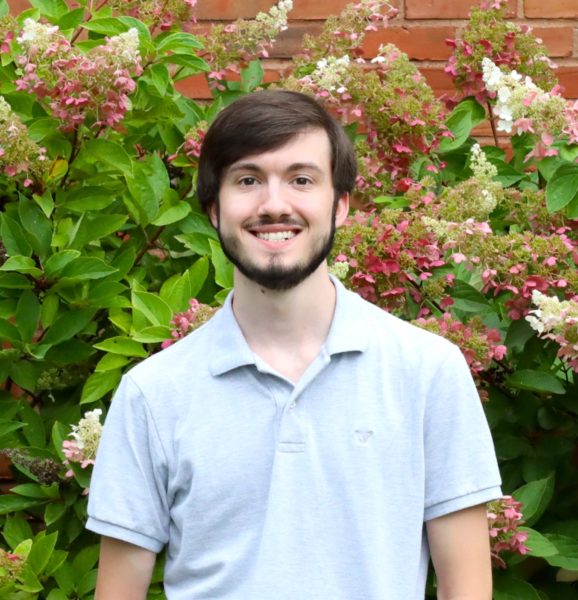Bilinovich: Averting nuclear apocalypse
How the world came close to catastrophe
March 12, 2021
No one wants to be the cause of a nuclear apocalypse. It is our responsibility to avoid one at all costs. But what happens when we don’t have a choice?
There have been numerous times throughout history where we have, by some stroke of luck and fortune, avoided catastrophe. Each of these instances tells a story, an insightful tale of human folly that culminates in one important lesson: We cannot trust ourselves with the most dangerous weapon ever invented.
There is one story which is bittersweet—in the end, everything is okay, yet it leaves everyone with a feeling of unease and urgency. Nonetheless, this story must be told, because we absolutely should learn from it.
The story began on Sept. 26, 1983 and took place deep inside the former Soviet Union. Operations were normal at Serpukhov-15, a military outpost just outside Moscow. The hero of the story was Stanislav Petrov, the officer on duty at the military installation. He and a group of other officers were monitoring Oko, the Soviet Union’s nuclear alert system.
Suddenly, the computer flashed a bright red warning: “Launch.” Alarms wailed. The officers were in shock. The United States had launched an intercontinental ballistic missile (ICBM). Oko detected no doubt.
The officers stood there, frozen, despite being trained for such a harrowing event. They could not believe what was happening.
Two, three, four, five—Oko had detected more missiles. In total, five ICBMs were reported to have been launched towards the Soviet Union on a path of destruction. Petrov had to make a decision soon: inform his higher-ups or wait.
In those crucial moments, Petrov decided not to do anything at all, despite the possibility of catastrophe looming over him. He did not even notify those higher in the chain of command. He waited.
Minutes passed, but no strike ever occurred. Relief. The warning was just a false alarm. No need to worry anymore.
Investigations concluded that the false alarm was triggered by the reflection of sunlight off the tops of clouds. Though this seems like a small mistake, it was not an isolated incident. There have been many other times where the world came close to nuclear war. One false alarm was caused by a computer playing a military training tape, and another by a faulty computer chip—tiny errors that could have bore serious consequences.
But simple mistakes are only one element that makes nuclear weapons so unfathomably dangerous and risky.
Just as concerning is the gross negligence of nuclear missile launch officers. A two-star general responsible for America’s nuclear arsenal was caught on a drunken bender while on a visit to Russia in 2013. Two launch officers were investigated as part of a narcotics scandal, where they reportedly used drugs and other illegal substances. Around 100 officers were implicated in cheating on their proficiency exams; only nine of the officers were duly dismissed.
There are also threats from outside the U.S.
Andrew Futter, associate professor at the University of Leicester, suggested that America’s nuclear weapons system could be hacked to gather information, shut down the system and even launch missiles. In fact, the National Nuclear Security Administration, which controls and maintains the nuclear weapons system, was hacked in December by Russian intelligence services, exposing the country’s most sensitive information regarding nuclear weapons.
Nuclear weapons are risky, dangerous and destructive. In total, there are 14,525 nukes across the world, with the U.S. and Russia possessing the vast majority—over 6,000 each. That is enough explosive power to end the world multiple times over. Humanity would cease to exist in the event of a nuclear war.
This is precisely why the exceptional judgment of Stanislav Petrov is heroic. Most people don’t know him, yet he secretly saved the entire world from a disastrous future. Despite his commendable behavior, we should not rely on one person to protect us.
We are left with no other option than to confront the truth.
Those entrusted with the authority to deploy and launch these missiles at a moment’s notice cannot be trusted. The systems designed to monitor attacks cannot be trusted. Foreign nations in possession of this same deadly tool cannot be trusted. While we may think we can handle nuclear weapons, reality shows the opposite. In truth, no one can be trusted with nuclear weapons. If we do not realize this, we may not have any more stories to tell.
Our inability to trust anyone with these weapons demands that we abolish them. The sooner we accomplish this goal, the safer the world becomes. Getting rid of these weapons is the only way to avoid a nuclear apocalypse.



